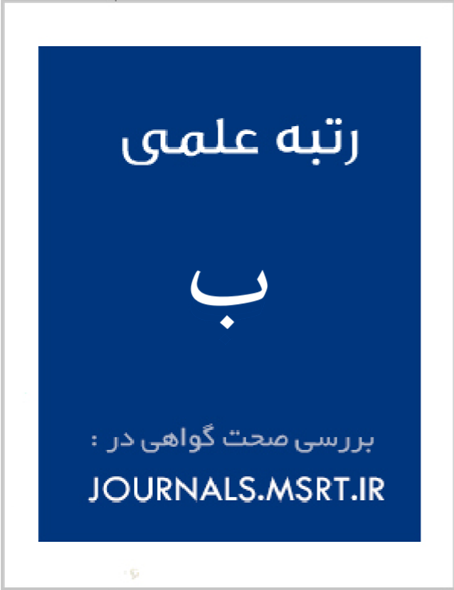A Qualitative Exploration of Ethical Dimensions in Islamic Practical Philosophy with Emphasis on the Works of Ibn Miskawayh
Keywords:
Islamic practical philosophy, Ibn Miskawayh, practical ethics, self-purification, ethical rationalityAbstract
The objective of this study was to qualitatively explore the ethical dimensions in Islamic practical philosophy with emphasis on the works of Ibn Miskawayh. A qualitative research design was employed, using semi-structured interviews with 16 participants who were experts in Islamic philosophy and ethics based in Tehran. Data were analyzed thematically using NVivo software, and sampling continued until theoretical saturation was reached. Findings revealed that the ethical dimensions in Islamic practical philosophy consist of three main categories: ethical rationality, virtues and vices, and the relationship between ethics and society. Reason plays a central role in discerning virtue, and self-purification is achievable through meditation and self-control. Virtues such as wisdom, justice, and courage are accepted behavioral principles, while vices like envy and stinginess are identified as ethical corruptions. Moreover, individual ethics are strongly linked with social responsibility and cultural institutions that institutionalize virtues at the societal level. The conclusion is that Ibn Miskawayh’s Islamic practical philosophy, emphasizing rationality and self-purification, offers a systematic and practical framework for moral reform at individual and social levels, which can be applied in contemporary educational and cultural programs.
Downloads
Downloads
Published
Submitted
Revised
Accepted
Issue
Section
License

This work is licensed under a Creative Commons Attribution-NonCommercial 4.0 International License.


